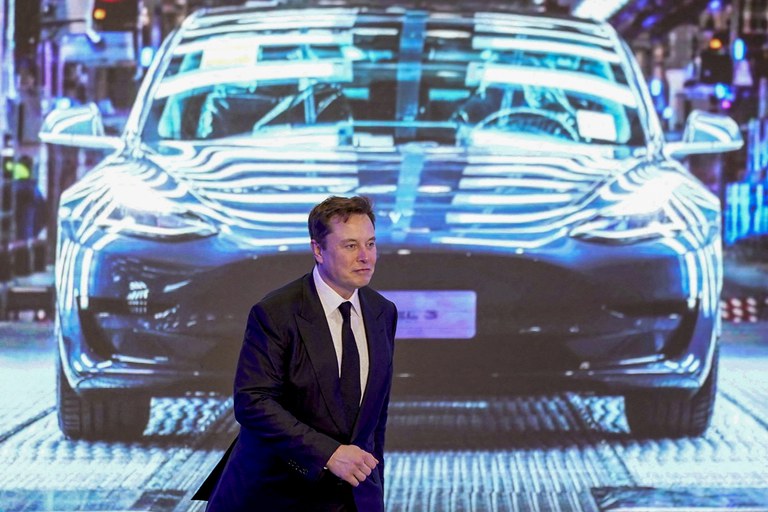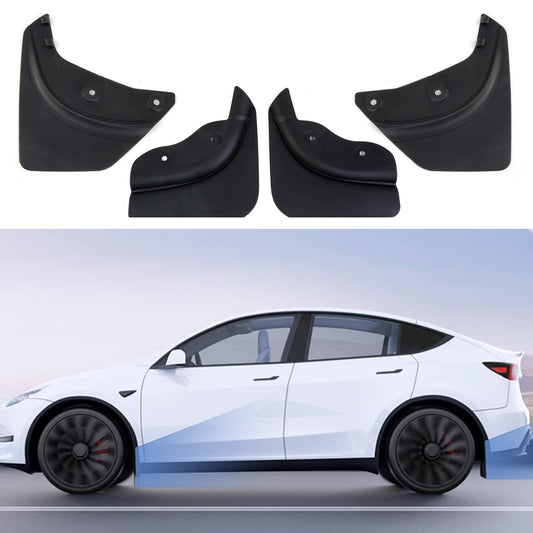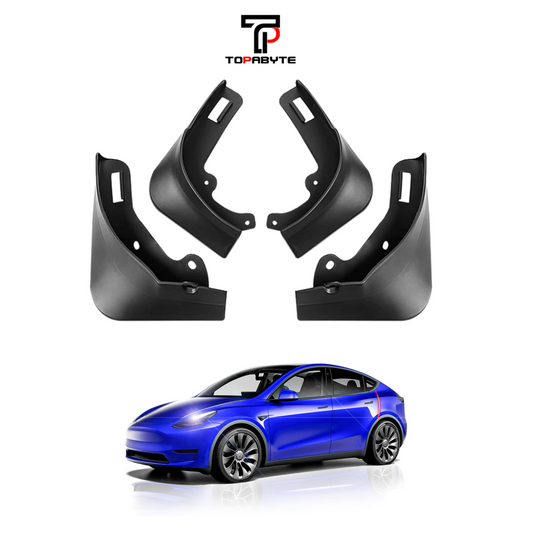Tesla, constructeur pionnier de véhicules électriques, est confronté à un défi de taille en Chine, son deuxième plus grand marché. Bien qu'il soit le plus grand acteur du secteur des véhicules électriques du pays, la part de marché de Tesla n'a cessé de diminuer, passant de 23 % en 2020 à 14 % en juin 2022.
La principale raison de ce déclin est la concurrence croissante des entreprises chinoises locales, telles que XPeng, NIO et Li Auto. Ces entreprises ont pu proposer des modèles plus abordables et plus riches en fonctionnalités, attirant ainsi un nombre important de clients. De plus, elles ont établi des réseaux de distribution plus solides et des coûts plus bas, ce qui rend difficile la concurrence pour Tesla.
Le système Autopilot de Tesla reste néanmoins un élément différenciateur majeur, beaucoup le considérant comme plus avancé que ses concurrents chinois. La notoriété de la marque et sa réputation mondiale lui confèrent également un avantage sur le marché.
Malgré ces atouts, Tesla est confrontée à des défis importants en Chine. Les coûts de production élevés et les problèmes logistiques rendent difficile pour l'entreprise de maintenir sa part de marché. De plus, les entreprises locales ont établi des réseaux de distribution plus solides et des coûts plus bas, ce qui rend la concurrence plus difficile pour Tesla.
Pour s’adapter à l’évolution de la dynamique du marché, Tesla devra probablement investir massivement dans la recherche et le développement, en se concentrant sur les technologies innovantes qui la distinguent de ses concurrents. L’entreprise devra peut-être également explorer de nouveaux modèles commerciaux, tels que l’échange de batteries ou les services par abonnement, pour rester compétitive.
TESLA EN CHINE ACTUALITÉS DE : Radio Free Asia

















